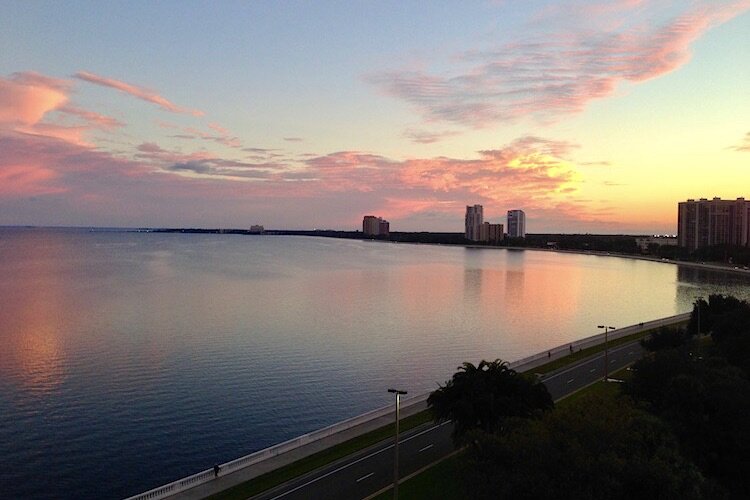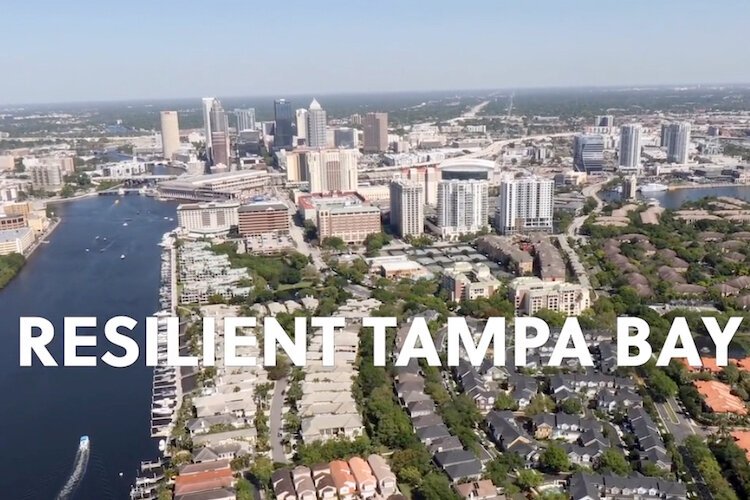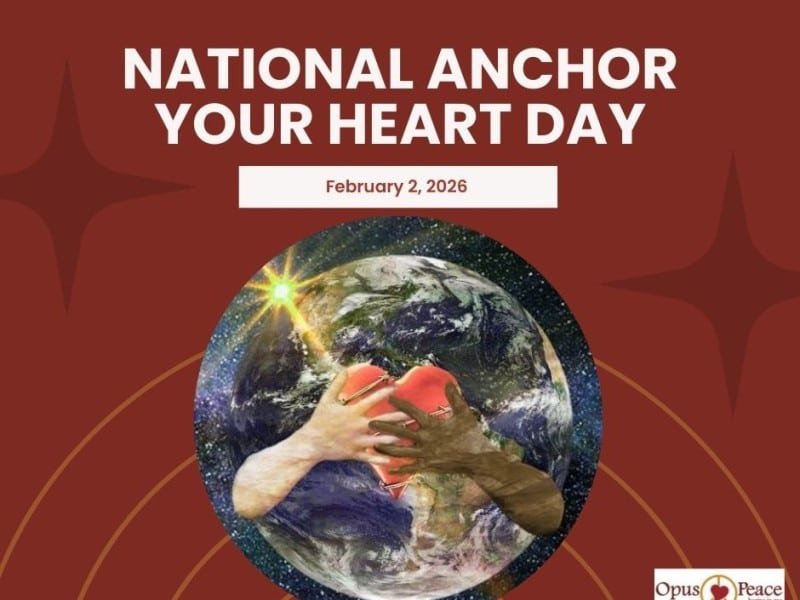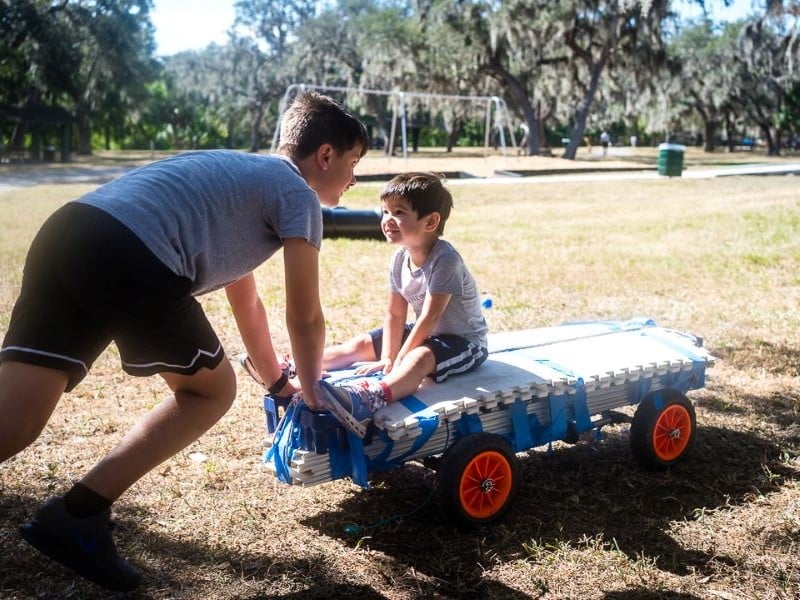Tampa Bay Regional Planning Council gets state grant to strategize shoreline protection
The Resilient Coastlines Project is part of a grant initiative by the Florida Department of Environmental Protection.
While homeowners across the greater Tampa Bay Area double and triple-check the items on their hurricane prep lists this summer, the Tampa Bay Regional Planning Council (TBRPC) is convening local policymakers with environmental and technical experts to establish a uniform set of best practices and policy guidelines to strengthen shoreline resilience against weather and climate events such as flooding, erosion, and sea level rise throughout the region.
The Resilient Coastlines Project is part of a grant initiative by the Florida Department of Environmental Protection (FDEP) that was signed into state law in May by Gov. Ron DeSantis through the new Resilient Florida Program. TBRPC, working across six counties and 21 municipalities in the Tampa Bay region, received the grant funding in July and aims to finalize a summary of regionally-consistent guidelines by the end of August.
“[The Florida Resilient Coastlines Grant] is unique in this region because it provides resources to TBRPC that allow us to work with legal and technical professionals experienced in developing resilient shorelines policies. We expect to develop guidance for shoreline protection measures such as materials used in seawall construction, recommended height of seawalls, living shoreline best practices and more,” says Tampa Bay Regional Planning Council Executive Director Sean Sullivan.
With storm intensity and sea level rise expected to increase into the future, the project is on a fast-track timeline to develop evidence-based coastal resilience recommendations, and to establish consistent guidelines for hard structures, such as seawalls and bulkheads, that prioritize shoreline resilience through 2070 across the region.
Currently, Sullivan says local policies related to seawall height, construction materials, installation, maintenance, and repair — as well as permitting requirements to create living shorelines on private property — vary from one local government to the next. This lack of uniformity can create headaches for home and business owners when they attempt to update their seawalls or develop sustainable, living shoreline alternatives to protect against flooding and erosion on their property..
Resilient Coastlines aims to establish uniform recommendations that policymakers across the region can access, but Sullivan underscores that local governments — which include Citrus, Hernando, Hillsborough, Manatee, Pasco, and Pinellas — have autonomy to adapt those recommendations to best serve their communities.
“We’re very mindful of the sovereignty of cities and counties. We’re also very mindful that we can be a helpful resource and provide information, data, and policy guidance to them,” Sullivan says.
TBRPC’s Resilient Coastlines Project stands out in that it specifically seeks to create comprehensive guidance related to tidal-influenced waterways that are located inland, as opposed to Gulf of Mexico beach fronts where coastal resilience efforts typically concentrate.
“The guidance policies that will be developed in this grant will primarily focus on protection of properties that front on canals, rivers, bayous and tidal influenced water ways. We hope the policies developed can assist governments throughout the Tampa Bay region by providing policy guidance that will enhance resiliency for private property owners as we prepare for anticipated extreme weather events,” Sullivan says.
Learn more at Resilient Florida Program, TBRPC, and the Florida Department of Environmental Protection.
Related story: Video: Resilient Tampa Bay
















